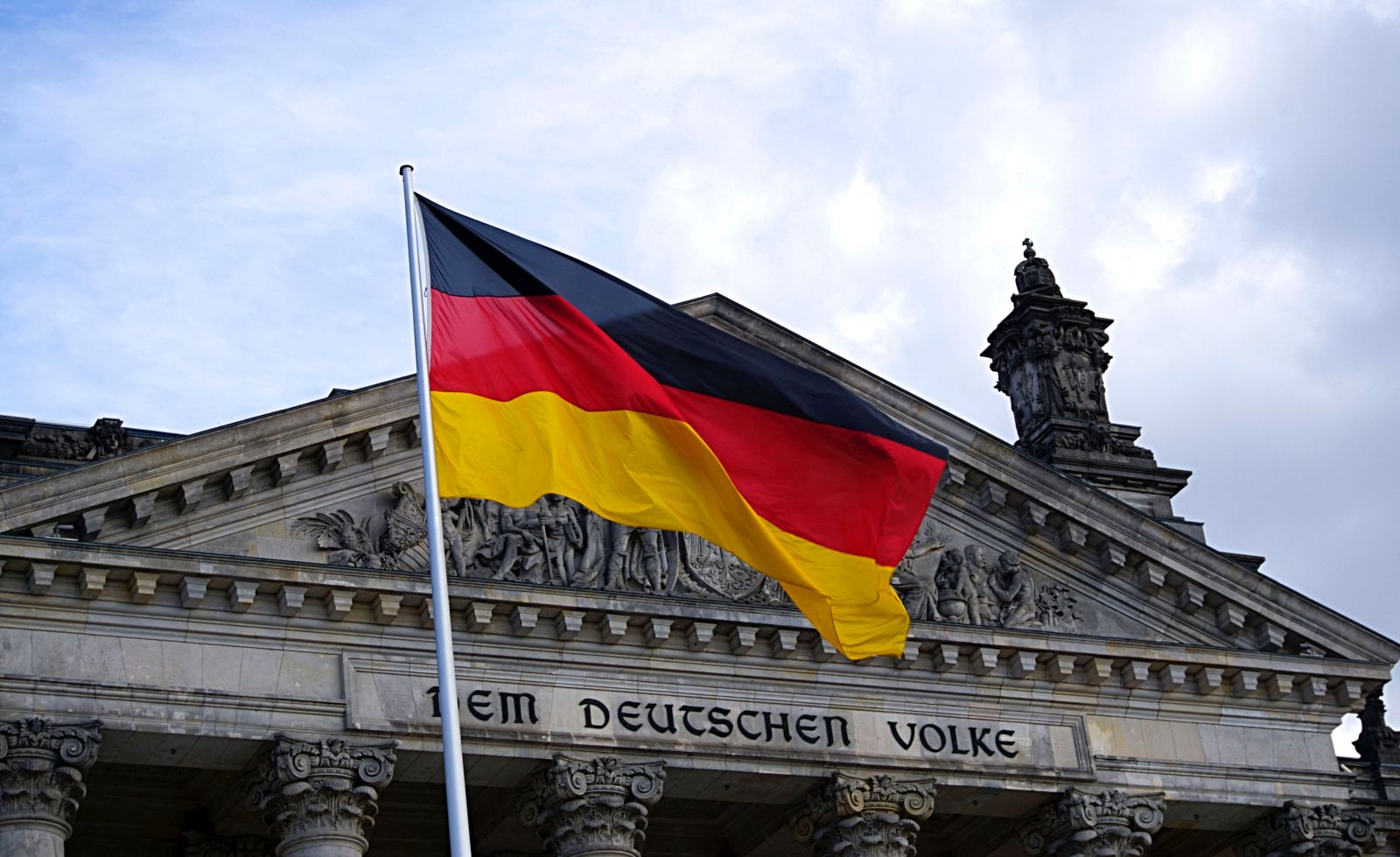
Germany’s Social Democrats (SPD) will decide whether to adopt a proposal that could bar China’s Huawei from taking part in the rollout of 5G services, which could further strain its alliance with conservative Chancellor Angela Merkel. Merkel’s right-left government wants to toughen up technical certification and scrutiny of telecoms equipment suppliers but insists that no country or vendor should be excluded. Merkel’s careful approach, which her critics say stems from fears of Chinese retaliation against German companies heavily invested in China, faces criticism from lawmakers in her own party as well as her SPD junior partners. SPD and conservative lawmakers last week agreed a blueprint that would make it more difficult for Huawei to take part in building Germany’s 5G mobile infrastructure. Merkel is under pressure from the United States to exclude Huawei, which the Trump administration considers a security threat. Huawei dismisses such concerns as baseless attempts by the United States to damage its business and reputation. China’s ambassador to Germany Ken Wu indicated last week that China could retaliate if Huawei was excluded from Germany’s 5G rollout, pointing to the millions of cars that German automakers sell in his country.
The French economy will grow slightly less quickly than expected next year in the face of a weak global economy struggling to contend with trade tensions, Banque de France forecast yesterday. The euro zone’s second-biggest economy will slow next year to 1.1% from an estimated 1.3% this year, the Bank of France said in its quarterly economic outlook. That marked a slight deterioration from September when the central bank had forecast the economy would grow 1.3% both this year and next. Although the French economy has proven more resilient in the current slowdown than countries like export-dependent Germany and Italy, it too is feeling the pinch from a down-shift in global growth in the face of trade tensions. French Finance Minister Bruno Le Maire trimmed his growth forecast for this year to 1.3% from 1.4% previously due to trade tensions buffeting the global economy and he declined to give an estimate for next year. Looking further out, the Bank of France forecast that the economy would pick up in 2021 and 2022 with growth of 1.3% both years as exports became less of a drag.
The Australian dollar fell nearly half a percent after the central bank opened the door to another cut in interest rates as early as February while the pound tanked on reports that Prime Minister Boris Johnson was seeking a hard line on Britain’s transition period after Brexit. The Australian dollar lost 0.4% to $0.6868 after minutes of its December policy meeting showed the central bank's board was concerned that wage growth was too weak to revive either inflation or consumption. The downside may be limited, however, as investors were cautiously optimistic over an interim trade deal the United States and China struck last week which fuelled gains in emerging market currencies and capped the yen and Swiss franc. Familiar Brexit worries knocked sterling as the pound was the other big loser in early London trading after reports that Johnson’s revised Withdrawal Agreement Bill would require the United Kingdom to have arrangements to leave the European Union in place by Dec. 31 next year. The FTSE 100 had its biggest daily gain in almost a year but after the closing bell some familiar fears returned. Against the dollar, the British currency fell 0.7% to $1.3236 in early Asian trading and is now hovering slightly above $1.321. It is down 2% below a post-election high of above $1.3516 hit on Friday. The drop in the Australian dollar and the pound boosted the greenback with the U.S. currency trading 0.1% stronger against a basket of its rivals. The euro was broadly stable against the greenback at $1.1143, levels it has traded around since August. Trade optimism kept the Chinese yuan on the strong side of 7CNH per dollar.
Asia’s stock markets were boosted by trade deal optimism, positive economic signals in China and a Wall Street’s rally which sent shares to an 18-month high. MSCI's Asia-Pacific shares rose 1%, its highest since June 2018. Japan's Nikkei touched its firmest in more than year, while markets from Shanghai, Seoul and Hong Kong all rose by more than a percentage point. The three major U.S. stock indexes and EUSTX posted record closing highs. Germany’s DAX lagged behind its European peers, hurt by a weak Volkswagen.



